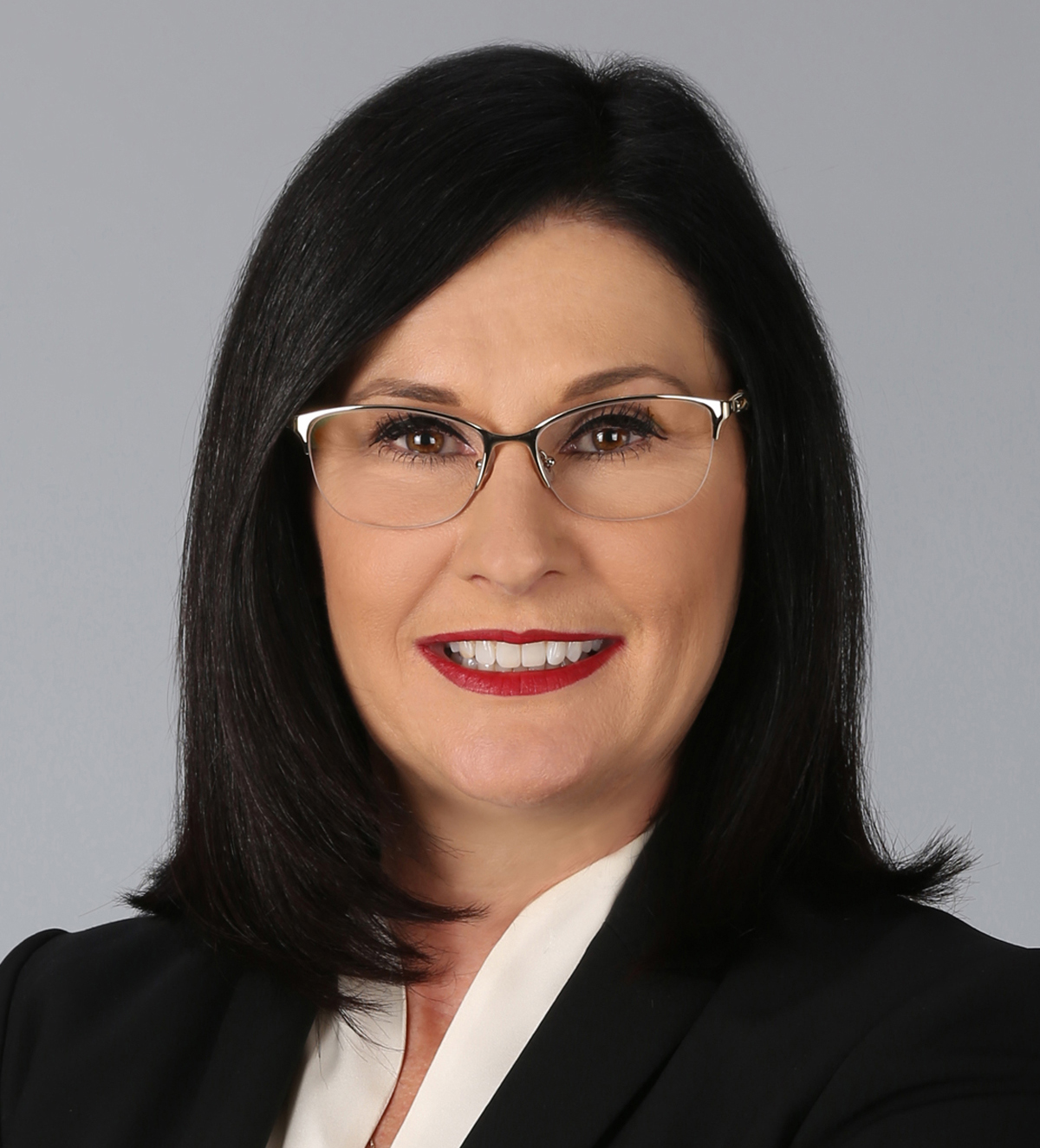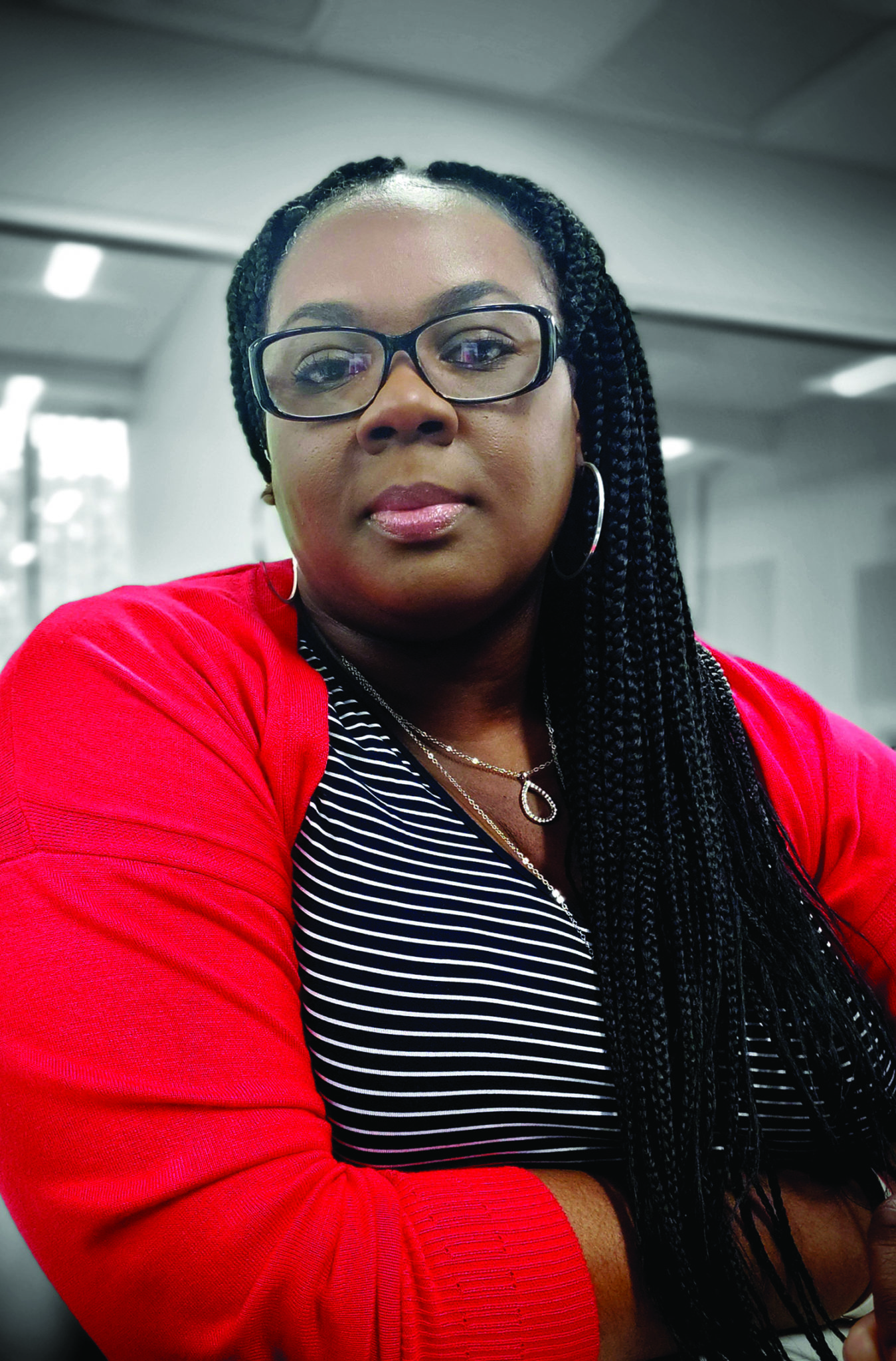Trade war hangovers, election year jitters and the COVID-19 coronavirus outbreak that sent shockwaves through the equity markets and predictions of an ugly global slowdown: Welcome to 2020.
The verdict is still out on how bad and deep this first-quarter macro pummeling will be, but South Florida’s office market is still boiling with leasing, sales and development activity despite the headline risks.
How quickly the viral outbreak is contained will likely determine if it knocks the wind out of the commercial real estate sector, says Spencer Levy, chairman of Americas Research for CBRE. Levy was among a panel of experts speaking on a recent industry flash call to discuss mounting concerns of the systemic global shock from the outbreak to the health of the economy and commercial real estate markets.
“We are too early to say whether we should adjust downward the expectations for growth in 2020,” Levy explained to call participants. “The biggest short-term negative impact of all, of course, is on sentiment. Corporate spending has been weak over the last 18 months and it has been weak in manufacturing, dragged down by autos, the Boeing 737 situation and trade tensions, and it is really hard to see that picking up unless and until the virus is more contained.”
But Levy stresses that if history is predictive, then the impact to business and investor sentiment from this type of event should lift once the outbreak is contained.
Disruptions are most likely to be felt in the manufacturing sector due to supply chain interruptions and tourism due to travel restrictions, he says.
“From a longer-term perspective, while we do not see any impact on commercial real estate fundamentals, we do see some short-term impact and that is disproportionately in the hotel and retail segments,” Levy says.
For now, CBRE predicts office demand to be minimally impacted, limited largely to companies operating in the travel and tourism sectors or that have exposure to Asia.
In the fourth quarter, West Palm Beach and Fort Lauderdale ranked among the nation’s top 20 metros for office-using job creation, with 3 percent growth, respectively, according to CBRE data.
This is good news for the region’s office market, which has been the post-Great Recession laggard behind other product types.
New office construction is accelerating once again in Miami-Dade County and the building bug is finally spreading to more suburban Broward and Palm Beach counties, data shows. More than 1.9 million square feet of new office space is scheduled to hit the metro Miami market by 2022.
Late-blooming Palm Beach County has 800,000 square feet of office construction in the pipeline. Two years of steady vacancy decline has developers feeling bullish again. Broward County has nearly 700,000 square feet under construction, the largest being the super-sized 356,000-square-foot The Main Las Olas building in downtown Fort Lauderdale.
South Florida office leasing is benefiting from the 2018 changes in the federal tax code, which limited deductions for state and local taxes, and challenges sweeping other parts of the country
Ken Krasnow, vice chairman of Colliers International, says there has been a “noticeable uptick in out-of-market deals activity” this year.
“It is no longer focused on taxes [SALT], but rather quality of life issues in the northeast—homelessness, rent control, criminal justice reform etc.,” Krasnow says.
Chiefly, he says there has been a surge in leasing activity from technology-based firms.
Nationally, tech companies accounted for a third of the top largest office leases executed last year, gobbling up 13.1 million square feet and the sector is forecast to dominate deal transactions again this year, according to CBRE. Financial service firms came in a distant second at just under 6 million square of office leasing.
For now, Krasnow says he does not expect effects from the coronavirus and resulting stock market volatility to substantially weaken South Florida’s commercial real estate sector.
“Our market has clearly been established as a long-term investment vehicle—no longer driven by speculation,” he says. “Capital will jump on any opportunities to take advantage of what may be perceived as slight dip or correction based on temporary factors.”
Valerie Achtemeier, executive vice president for capital markets, debt and structured finance at CBRE, acknowledges the market is “nervous” about a global slowdown and its impact on corporate credit, but commercial real estate could benefit from a “flight to quality” as investors take a more risk-off stance.
“Liquidity remains robust in the debt market for real estate across the capital stack,” says Achtemeier speaking on the CBRE call. “We are seeing activity continue to go on in the investment sales and debt market.” ↵
Freelance writer Darcie Lunsford is a former real estate editor of the South Florida Business Journal. She is the senior VP for leasing at Butters Group and is avoiding a conflict of interest in her column by not covering her own deals.










